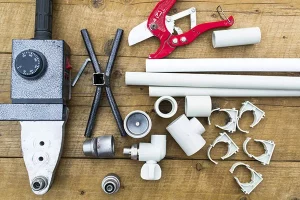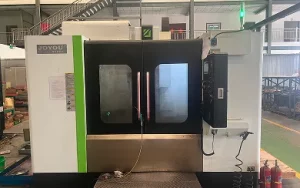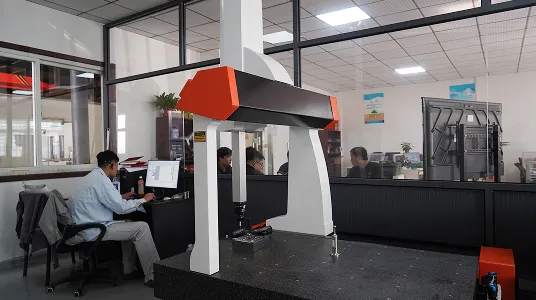Indústria de moldes de injeção: Como a moldagem por injeção de plástico molda a produção global
Peças de plástico inconsistentes, produção lenta e fornecedores pouco fiáveis são desafios que os fabricantes...
Ler mais
Long delays, high costs, and inconsistent product quality plague manufacturers relying on outdated plastic part production methods. These issues frustrate growth, strain budgets, and hinder innovation. The solution? Harnessing the precision and scalability of the modern injection mold industry.
What is the injection mold industry?
The injection mold industry specializes in designing, developing, and producing molds used in plastic injection molding—an advanced manufacturing process that allows for the mass production of high-precision, complex plastic parts used in everything from automotive components to consumer packaging.
Plastic injection molding is a manufacturing process in which molten plastic is injected into a mold cavity under high pressure. Once cooled and solidified, the mold opens to release a precisely formed plastic part. This process enables:

This method is widely used in the automotive industry, medical devices, packaging, electronics, and consumer goods manufacturing.
The injection molding process involves several key stages:
Molded parts are created in seconds, improving efficiency and lowering per-unit costs.
Injection molding supports a wide variety of plastic materials, including:
The type of plastic used depends on the part’s application, strength requirements, temperature resistance, and cost constraints.
Injection molding is a pillar in:

Many plastic components used daily are made through this highly reliable process.
Plastic injection molding offers:
These benefits of injection molding make it an ideal choice for global brands and OEMs

Working with experienced injection mold manufacturers reduces risk and speeds up time to market.
What is an injection mold?
A tool made from steel or aluminum used to shape molten plastic into finished parts through high-pressure injection.
Why is injection molding preferred for mass production?
It offers repeatability, accuracy, and low cost per part at scale.
What’s the lifespan of an injection mold?
Typically from 100,000 to 1,000,000 cycles depending on material and maintenance.
Can you use recycled plastic in injection molding?
Yes, many materials support recycled content without compromising quality.
How long does mold design and sampling take?
Typically 10–25 days depending on complexity and revisions.

Peças de plástico inconsistentes, produção lenta e fornecedores pouco fiáveis são desafios que os fabricantes...
Ler mais

Muitas marcas querem lançar produtos de plástico rapidamente, mas deparam-se com custos de ferramentas elevados,...
Ler mais
Responder-lhe-emos no prazo de 24 horas. Se for um caso urgente, adicione WhatsApp/WeChat: +86 ******,. Ou ligue diretamente para +86 ******.
*Respeitamos a sua confidencialidade e todas as informações são protegidas.
Apenas utilizaremos as suas informações para responder ao seu pedido e nunca enviaremos mensagens de correio eletrónico ou mensagens promocionais não solicitadas.